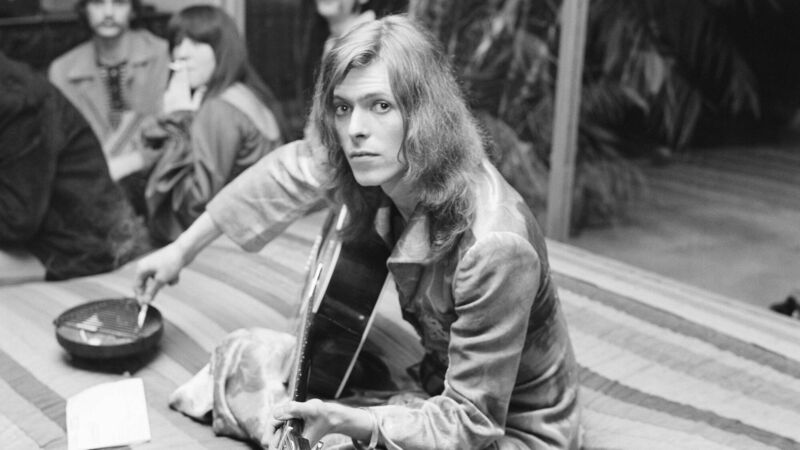Hunky Dory: 'I said to David Bowie, you’ve got something unbelievable here'

David Bowie in 1971, the year he recorded Hunky Dory. Picture: Earl Leaf/Michael Ochs Archives/Getty Images
David Bowie’s Hunky Dory sunk upon release in 1971 despite a flourish of critical acclaim. The album has since gone on to become one of his most influential long-players featuring jukebox gems and radio staples such as ‘Changes’ and ‘Life On Mars?’.
In the year in which the album celebrates it’s 50th anniversary the annual Dublin Bowie Festival has invited two of the record’s players, Rick Wakeman and Woody Woodmansey, as well as co-producer Ken Scott to take part in an online event that will discuss the much-loved work five years on since Bowie’s death.




